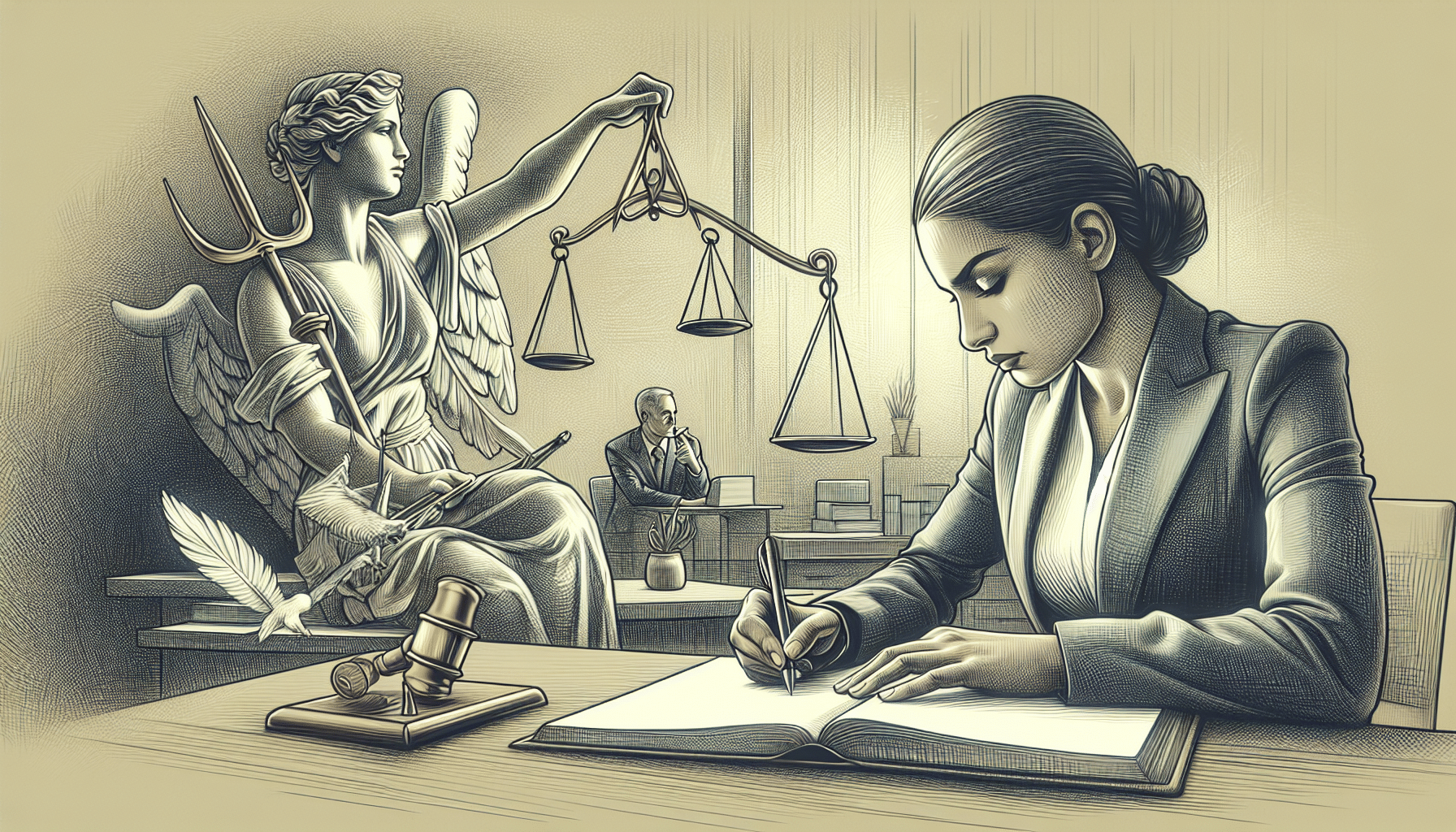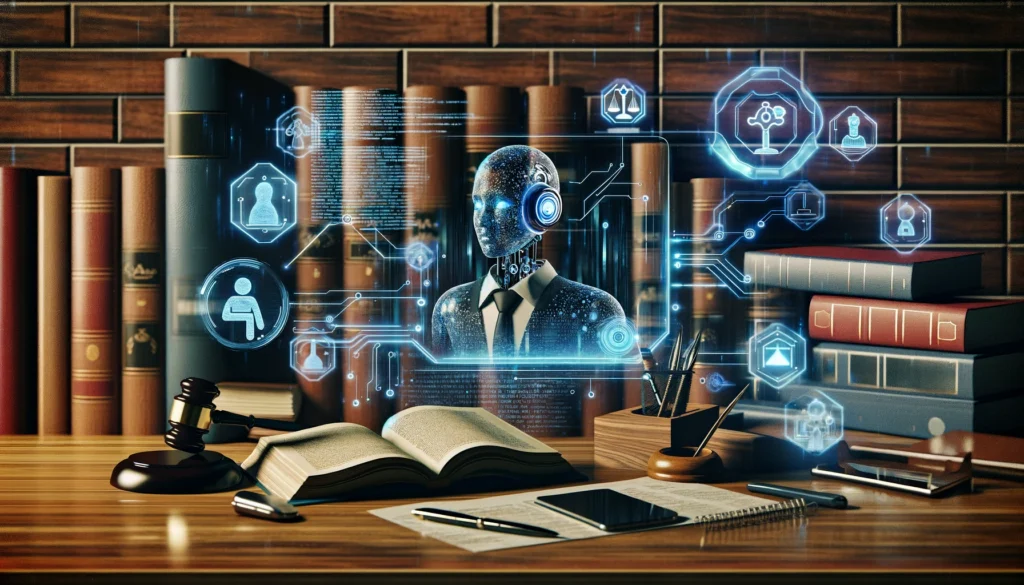
Setting the Stage: Importance of Special Needs Trusts
Special Needs Trusts (SNTs) play a critical role in the financial planning landscape, serving as indispensable tools for ensuring the long-term financial security of individuals with disabilities. These trusts offer a mechanism to protect assets without jeopardizing eligibility for essential government benefits such as Medicaid and Supplemental Security Income (SSI). However, the complexity of these trusts, with their stringent requirements and evolving regulations, poses challenges for legal professionals in ensuring they meet all compliance standards.
Successfully drafting SNTs demands not only a robust understanding of legal and financial nuances but also an acute awareness of individual beneficiary needs. The stakes are high, and any error or oversight can have significant consequences. This is where technology, particularly AI, can be a game-changer in the drafting process, ensuring precision and efficiency.
The Paralegal’s Toolkit: Unveiling ChatGPT
Enter ChatGPT, a cutting-edge AI tool powered by large language models (LLMs) from OpenAI. Designed to understand and generate human-like text, ChatGPT offers a versatile solution for paralegals and legal professionals, who can use it to enhance numerous aspects of their workflow. The potential benefits of integrating AI into legal tasks are manifold, ranging from significant time savings to improved accuracy and consistency in documentation.
Setting up ChatGPT is straightforward. Begin by familiarizing yourself with the interface and basic functionalities. You’ll find that with appropriate training and nuanced prompts, ChatGPT can draft legal documents, conduct comprehensive reviews, and assist with research-based tasks. Legal professionals can now leverage AI assistance to streamline processes that traditionally consume considerable time and resources.
Also read:
Crafting Precision: Leveraging ChatGPT for Detailed Drafting
Once acquainted with ChatGPT, the next step involves utilizing it for drafting meticulous and compliant Special Needs Trusts. AI can generate preliminary drafts and outlines, significantly reducing the time spent on initial groundwork. The key to optimal performance lies in how you structure your prompts.
Sample Prompt for Initial Draft:
- “Generate an outline for a Special Needs Trust for a beneficiary with autism, considering Medicaid and SSI stipulations.”
Ensuring legal precision requires incorporating nuanced prompts that cover specific clauses and regulations. ChatGPT can adapt to these complexities and deliver accurate results.
Sample Prompts for Detailed Provisions:
- “Draft a clause that describes the trustee’s powers and responsibilities in a Special Needs Trust.”
- “Incorporate a provision that stipulates permissible distributions for supplemental needs.”
This method ensures that the generated content aligns with legal standards and meets the specific requirements of each trust.
Also read:
Customization and Personalization: Adapting Trusts for Unique Needs
Every Special Needs Trust is unique, reflecting the distinct needs and circumstances of the beneficiary. Customizing these documents involves tailoring trust language to suit individual client requirements. ChatGPT facilitates this process, providing customizable templates that legal professionals can adapt.
Sample Prompts for Tailored Clauses:
- “Modify the trust provisions to account for the beneficiary’s employment income without affecting SSI eligibility.”
- “Draft a clause that specifies the integration of specific care preferences and medical needs of the beneficiary.”
Effectively incorporating client-specific details boosts the trust’s relevance and ensures comprehensive coverage. This approach not only addresses individual nuances but also augments client satisfaction and trust in legal services.
Also read:
Quality Control: Refining and Reviewing Drafts
Precision in drafting isn’t enough; seamless execution necessitates iterative reviews and meticulous edits. ChatGPT can be instrumental in this iterative refinement, providing comprehensive reviews and identifying inconsistencies.
Effective Prompts for Review:
- “Evaluate the entire document for legal consistency and compliance with state-specific guidelines.”
- “Highlight and rectify any redundant or contradictory clauses in the draft.”
Leveraging ChatGPT for these verifications ensures that the final document is polished, cohesive, and legally sound. Employing a blend of AI review and human oversight guarantees the highest standards of accuracy.
Also read:
Efficiency Hacks: Time-Saving Techniques with ChatGPT
Efficiency in legal practice not only enhances productivity but also allows for a sharper focus on complex, strategic decision-making. ChatGPT supports this by automating repetitive tasks and standardizing responses to common queries.
Prompts for Automating Common Queries:
- “Generate a standardized response explaining the eligibility criteria for Special Needs Trusts.”
Integrating ChatGPT with existing workflows further amplifies efficiency. Automating documentation processes, for instance, can free up a significant portion of time, allowing legal professionals to dedicate more focus to nuanced client needs.
Also read:
Beyond Text: Using ChatGPT for Research and Insights
ChatGPT’s utility extends beyond drafting and reviews. It serves as an invaluable research assistant, summarizing extensive documents and offering quick access to relevant information and legal precedents.
Prompts for Research-Based Tasks:
- “Summarize key points from the latest Medicaid eligibility guidelines for Special Needs Trusts.”
- “Provide legal precedents related to the misuse of Special Needs Trust funds.”
Also read:
Ethical Boundaries and Best Practices
While AI presents a transformative potential for legal work, responsible use is paramount. Legal professionals must ensure confidentiality and data security when using AI tools. Adhere strictly to ethical guidelines and remain vigilant about the limitations of AI.
Maintaining an equilibrium between AI assistance and professional judgment sustains the integrity and trust in legal services.
Also read:
The Future of Legal Work: Embracing AI Tools
The integration of AI tools like ChatGPT marks the advent of a new era in legal practice. The future portends even more sophisticated AI enhancements, which will further revolutionize legal workflows.
Legal professionals need to stay ahead of these advancements, continually adapting and integrating novel solutions to maintain a competitive edge while delivering impeccable service to their clients.


